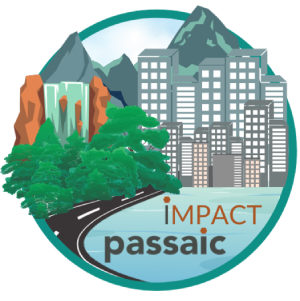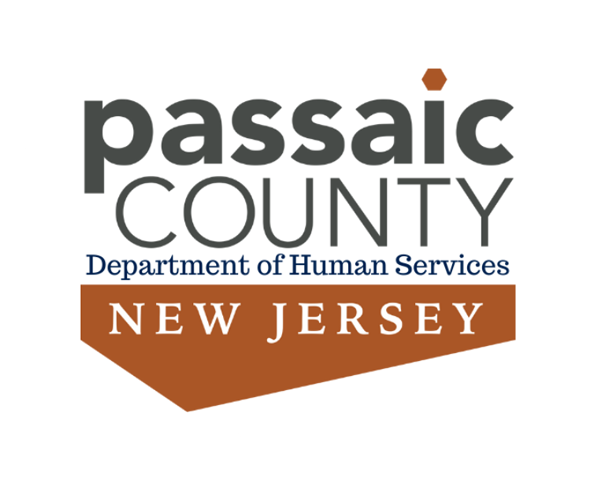Passaic County Department of Human Services
Need Help?
Search for needed services such as medical care, housing, food, job training, legal services, and more.
Need Help?
Search for needed services such as medical care, housing, food, job training, legal services, and more.

Home
Building Resilient Communities Task Force
Building Resilient Communities Task Force
What
Resilience is the process of adapting well in the face of adversity, trauma, tragedy, threats, or significant sources of stress and involves skills that can be learned and qualities that can be nurtured. It is about helping people identify the skills they need to build on when faced with adversity (Ginsburg, 2014). Community resilience encompasses multiple systems that contribute to the community’s overall health. Safe and stable neighborhoods, healthy supported families, and individuals in an environment that promotes social connectivity are the seeds of building resilient communities. By sowing the seeds of equitable and trauma-informed services and support, Impact Passaic strives to create a Passaic Community that is resilient and healthy.
Why
In serving families and individuals, human services agencies face the daunting challenge of making the most of limited resources. Building Community Resilience comes from a holistic approach through the inclusiveness of various service agencies. By creating a network of private- public partnerships with a mission to collaborate authentically, service agencies can help those seeking services to achieve a higher quality of life. A network that is responsive and dedicated to serving the community residents restores the balance of harmony and health in the community for all.
How
Resilient communities are fostered and maintained through research, evidence-based initiatives, education, and training. In addition to identifying best practices that fit the characteristics of the community, the task force engages lived experience groups and gathers data from the community.
Community-based research is at the heart of this task force. Community-based research engages the community voice to help identify existing gaps and related consequences and guide the designing of programs that are grounded in the results of the needs assessment of the community. Participatory research actively engages members of the community and aids in building camaraderie and fellowship among the residents to address the possible effects of trauma experienced in the past and buffering the effects of current adversity. Commitment towards the betterment of the communal quality of life helps in creating common goals that engage people at all levels to improve the outcomes for all. Trauma-informed approaches to service are intended, in part, to help agencies address the residual impacts of the negative events their clients have experienced and avoid unintentionally re- traumatizing them through uninformed actions in the service context.
The Building Resilient Communities Task Force is the steering arm of Impact Passaic and recommends new initiatives that are designed from the intersectionality of the work of the other task forces. Community-based participatory research data help in creating a schema for Impact Passaic’s task forces to follow and develop programs that are well-received as they are designed by the residents' inputs.
Co-chairs:
- Dr. Arti Kakkar, DHA – Passaic County Department of Human Services
- Kayann Foster – Passaic County Department of Human Services
- Katherine Guerrero – CUMAC
References
- Ginsburg, Kevin R. (2014). Building Resilience in Children and Teens: Giving Kids Roots and Wings (3rd edition). American Academy of Pediatrics.
For more information about Impact Passaic Task Forces, please signup below:
401 Grand Street
Paterson, NJ 07505
Phone: 973-881-2834
Passaic County Department of Human Services
Task Forces
Collective Impact occurs when organizations from different sections agree to solve a specific social problem using a common agenda, aligning their efforts, and using common measures of success.
Copyright © 2025 • Impact Passaic Developed with by WordSphere

